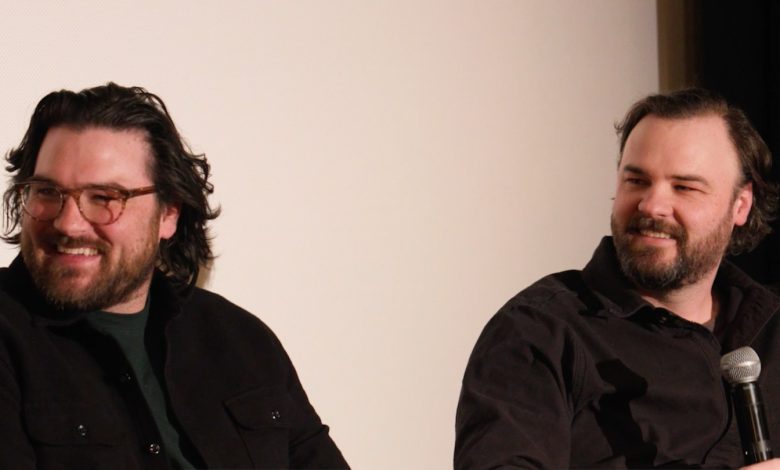‘The Kings of Tupelo’ Directors on Weaving a Tale of Elvis Impersonators, Black Market Conspiracy Theories and War Crimes Into One Docuseries

On first watch, The Kings of Tupelo: A Southern Crime Saga might seem like a mockumentary with its curious cast of characters hailing from the small town in Mississippi. But truth indeed proves to be stranger than fiction as filmmakers Chapman Way and Maclain Way unravel the story of how an Elvis impersonator became an organ-trafficking whistleblower who was later accused of an assassination attempt on former President Barack Obama.
Despite the weighty allegations that come to be the focus of the three-part Netflix docuseries, getting people to talk about the 2013 ricen scandal in which several government officials received letters laced with the biochemical substance and the years leading up to it was easier than expected.
“Everyone was like, ‘Oh my God, this is the most incredible story, you’ve got to meet Bob and Bob was in a band with Kevin,’ ” Chapman said during the THR Frontrunners panel at Soho House in Los Angeles on Dec. 10. “Everyone knew everyone. I thought it was going to be difficult to get people to sit down and talk about this and everyone was like, ‘please, I have the best stories to share,’ and we quickly realized there are incredible storytellers in the South; unbelievably good storytellers.
“As a filmmaker, you’re kind of beholden to your subjects in that you can’t script it or work with actors,” added Chapman, “so seeing how naturally gifted and funny they were as storytellers got us really excited.”
At the center of the story is Paul Kevin Curtis, a former Elvis tribute artist whose relationship with his brother Jack — also an Elvis impersonator — became strained when Kevin alleged that the North Mississippi Medical Center was harvesting organs to be sold on the black market while working as a cleaner there.
“Spending a lot of time with Kevin and his family, you learn he’s very convinced that he’s doing something incredible. He’s convinced that he is the hero of this story, that it is black and white, right or wrong, and he is on the side of justice,” said Chapman, who, along with his brother, spent 32 hours interviewing the conspiracy theorist who was later accused of attempting to kill Obama, adding yet another thread to be explored in the already layered story.
“It does kind of turn it into two documentaries,” explained Maclain of their filmmaking process. “The first two episodes are very much Paul Kevin Curtis’ story, and the final third episode is the other character that comes in in a very big way and tells this man’s part in the story.”
With a gang of sources all out to tell their spin on the truth of the events that unfolded, Chapman and Maclain decided to embrace the Southern tradition of grandiose storytelling and let it guide their narrative.
“We very quickly realized that there was going to be zero chance of us fact-checking any of this stuff so at that point we were like we need to lean into it. It’s part of their culture, it’s part of how they tell stories and I think what didn’t happen ends up becoming a big part of the heart of the tension of the story as you move through episodes two and three,” said Chapman.
“We always said we’re less investigative filmmakers and more exploratory,” he added, “and this is more about how Kevin’s story affected his loved ones, his children, his friends.”
This edition of THR Frontrunners is sponsored by Warner Bros. Discovery and Netflix.
Source: Hollywoodreporter
Related Posts
- Roundball Rocked: With NBA Return Looming, NBC Purges Scripted Roster
- SoundCloud Says It “Has Never Used Artist Content to Train AI Models” After Backlash on Terms of Service Change
- Fox News’ Camryn Kinsey Is “Doing Well” After Fainting on Live TV
- Kerry Washington and Jahleel Kamera in 'Shadow Force.'
Courtesy of Lionsgate
…
- This Alternative Artist Landed a Top-20 Chart Debut With an Album Made Almost Entirely on His Phone





